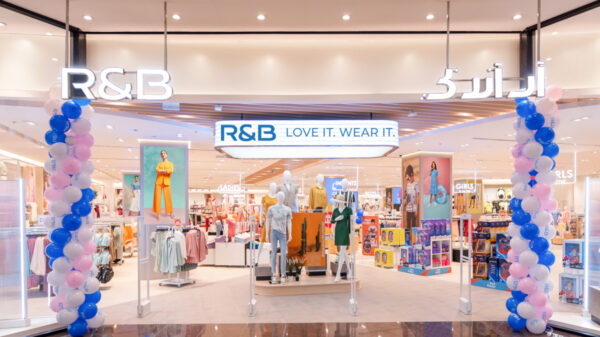Artificial intelligence has significantly helped retailers launch an omni-channel approach to their businesses.
However, it can do a lot more than just recommend products to consumers on shopping websites.
Here are some ways retailers can add to consumers’ shopping experiences by introducing artificial intelligence.
Using AI at checkout
At a physical store, customers have to simply enter the store, add items to the cart, pay via an AI-powered mobile app and exit the store. All of this can take place with zero human interaction.
Last month, Carrefour said it had introduced a face verification platform for payments in its Deira and Amsaf stores. Here, customers will be able to use their face as biometrical feature at a payment terminal instead of a phone or card.
“Face verification will make it easier and more convenient for our customers to check out efficiently without having to reach for their wallets. This safe, seamless payment method only takes a few seconds, and we are excited to be one of the first retailers to be rolling this out across the UAE,” COO of GCC at Majid Futtaim Retail, Bernardo Perloiro had said.
The company had said that it will roll out this feature across its stores in the UAE.
More recently, Adnoc had announced it launched three AI powered fuel stations in Dubai and Abu Dhabi. Here, customers can enter an Adnoc station that offers the new service, and smart cameras will detect the vehicle automatically.
Then the customer’s stored data is used at the pump to automatically start the refueling process based on the preferred fuel type and spending amount. The AI will also inform customers when fueling is complete.
Thus, AI can reduce customer waiting time.
Personalisation
AI powered chatbots can improve customer personalisation and engagement by answering customer questions, recommending products, and building customer profiles.
Retailers like Chalhoub Group have already invested in similar technology, and recently won an award for its ‘Connect’ app — connects customers to frontline workers, backroom staff and management. Its aim is to increase brand loyalty, encourage repeat purchases and enhance customer engagement.
The app gives frontline workers access to customer profiles, distant and in-store sales journeys, and other personalised content.
Apart from other uses, it can also be used by frontline workers to access customers details such as nationality and date of birth, which can be useful in customer consultations and for contacting them during their national or religious holidays such as Ramadan.
In the example given above for Adnoc, the AI also allows customers to take advantage of personalised offers in Adnoc Oasis stores as well.
Moreover, customer engagement platform MoEngage said that Middle East “brands will need to look at the data and focus towards the insights-led personalised engagement to stay relevant during these times.”
Thus, personalisation is the need of the hour.
Tracking in-store activities
AI systems can also analyse CCTV camera footage to identify suspicious activities and notify staff members, helping retailers proactively identify in-store thefts and assaults.
Wissam Acra, regional sales director at security firm Genetec said that “brick-and mortar stores equipped with people-counting sensors can also secure data to determine point-of-sale conversions.”
AI can also be used to track how much time customers spend on a certain aisle to increase engagement and conversion rates. Retailers can use this information to plan how to persuade customers to add more items to their shopping carts.
Overall, this can lead to higher store profitability.
Given that retailers in the Middle East are already adapting it into their daily operations, it is only a matter of time before AI becomes widely adopted to enhance the shopping experiences of customers as well as retailers.













